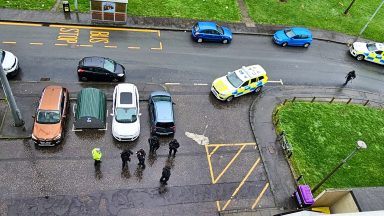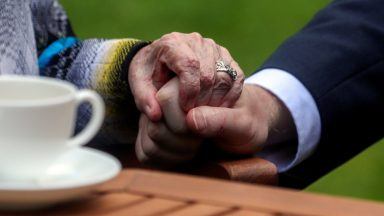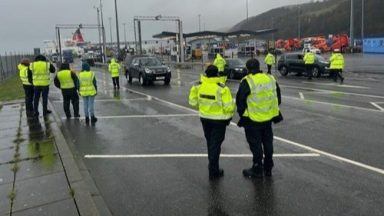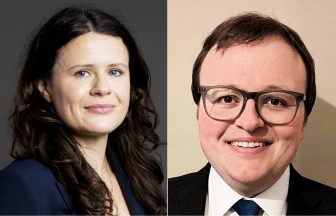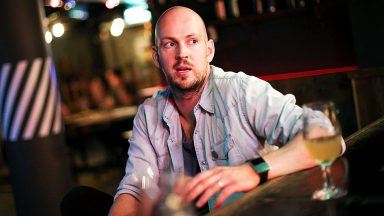The father of a teenager murdered in 1992 has said his family would be “delighted” if the not-proven verdict is finally scrapped.
Amanda Duffy was killed after going missing in the early hours of May 30, 1992, after a night out with friends.
Her body was found by passers-by that evening in an area of waste ground near to a car park in Miller Street, in Hamilton.
A 20-year-old, Francis Auld, was tried for the student’s murder after witnesses said they had seen them together.
However, jurors found the murder charge against him not proven by majority verdict.
In 1995, Amanda’s family launched a civil case against Auld, with a judge awarding them £50,000 in damages after finding him responsible for her death.
In 2015, the Crown asked the High Court to allow Auld to be re-tried for the murder.
However, in July 2017, Auld died from pancreatic cancer at the age of 45.
Joe Duffy has campaigned for the not proven verdict to be abolished for 30 years after his daughter was murdered.
Scotland is the only European nation to have a third verdict in criminal cases.
Campaigners have long called for the verdict to be ditched, however, with it essentially having the same effect as not guilty, in that the accused is acquitted and generally cannot be tried again.
Setting out her Programme for Government earlier this month, First Minister Nicola Sturgeon announced her intention to scrap the verdict.
A Criminal Justice Bill will be introduced at the Scottish Parliament that would include provision to abolish the third verdict in Scottish law.
Speaking to the BBC’s Good Morning Scotland programme, Mr Duffy explained that his family has campaigned for the verdict to be abolished, having found that it has the same effect as a not guilty decision.
“Following the verdict which quite frankly none of us fully understood, and first of all we didn’t understand what not proven was, we actually thought if it was a third verdict it meant something other than a full acquittal,” he said of the verdict made by the jury in 1992.
“That was one of the reasons we started campaigning for it because we couldn’t believe that on the evidence presented in court that any other verdicts other than guilty would have been returned, that’s the first thing I’ve got to say.
“The second thing is that if there’s a third verdict, which is not proven, surely it should be a justifiable verdict, it must mean something different.
“Unfortunately, we then discovered that not proven means exactly the same as not guilty.”
Mr Duffy indicated that there has been “a few false dawns” over moves to abolish the verdict, while welcoming the legislation due to be introduced at Holyrood.
“As a family, we’re absolutely delighted that this has actually been brought about,” he said.
“We took part in the consultation regarding this new Bill and the consultations surrounding it.
“There’s been a few false dawns over the years – was it going to be abolished and there’s been private members’ Bills for it, and such like.
“So, until it’s actually through Parliament and passed as abolished, any any other recommendations implemented, I’m a bit reluctant to get over-excited about it quite frankly.”
Mr Duffy rejected suggestions from those in favour of the verdict that it gives additional protection against miscarriages of justice.
“I don’t see how it gives additional protection. If there’s insufficient evidence or the evidence isn’t good enough, you’re actually entitled to a not guilty verdict, surely,” he said.
“Guilty and not guilty works in every country in the world. The only place that’s unique is Scotland.
“And we keep hearing from the people who want to keep this that the Scottish justice system is the envy of the world and it’s held in high regard, but not one of them have ever produced any evidence to prove this.
“You would think people who constantly refer to the strength of evidence could actually produce something.”
Mr Duffy described the verdict as “unnecessary”, as he expressed his family’s hope that it will be abolished.
He added: “It’s a get-out for juries to not do their job properly because they’re asked to make a clear-cut decision.
“And since judges and sheriffs are not allowed to explain what not proven actually means, juries just end up confused.
“So I think it’s a cop-out, an unnecessary and outmoded verdict and it’s long-overdue to be removed and hopefully this Bill will get passed and we will as a family be absolutely delighted.”
Follow STV News on WhatsApp
Scan the QR code on your mobile device for all the latest news from around the country


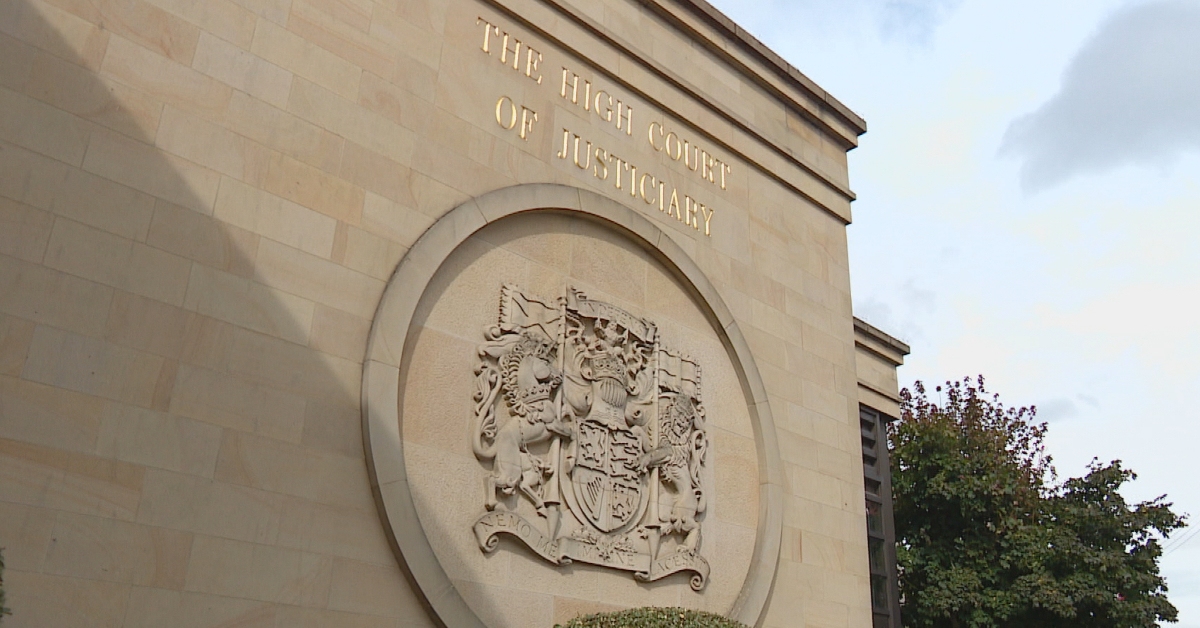 STV News
STV News





